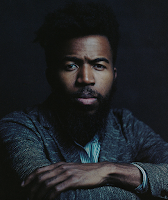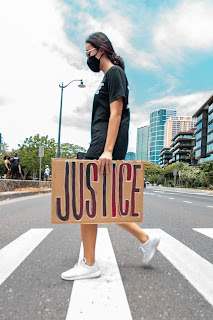Day 9 – What does it mean for us to say we have our “roots” in Indigenous practice?

Photo by Nicole Geri on Unsplash Day 9 – Napoli (2019) warns particularly of the harm done as the fields of creative arts therapies remain silent about the “historical, systematic efforts to eradicate Native identity and sovereignty in the United States” (p. 1) and the continued oppression of American Indian peoples today by “situated and subjugated knowledge, cultural appropriation, cultural genocide, and colonial amnesia” (p. 1). Reading her work, it’s hard not to acknowledges the careless use of these same oppressive practices within our own training, theories, research, and practice. In 1999, the first text to “gather a multiplicity of perspectives which represent the field of expressive arts therapy” was edited by Stephen and Ellen Levine (p. 9). They trace the early training of arts therapists in an “interdisciplinary approach” introduced at Lesley College in the early 1970s. Lesley’s program was noted to be in “contradistinction to the specialized arts therapy trai






